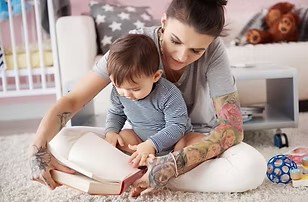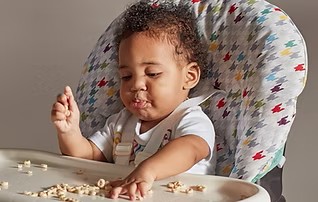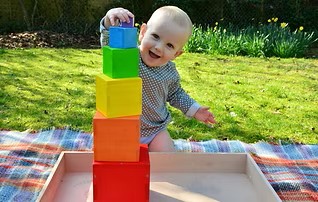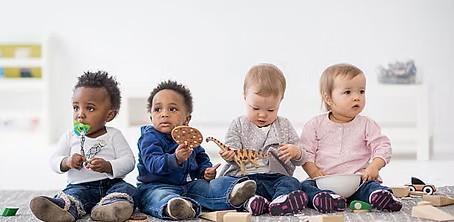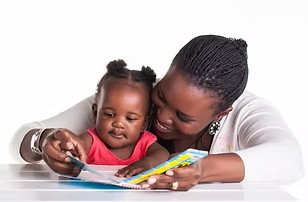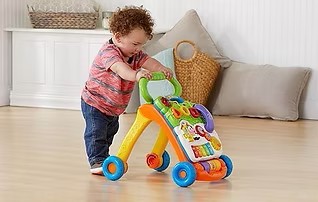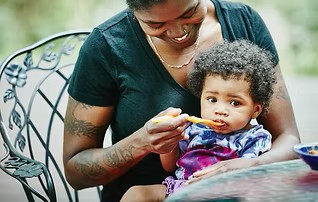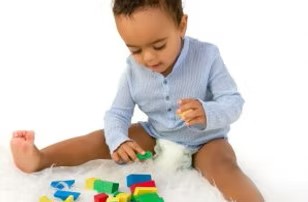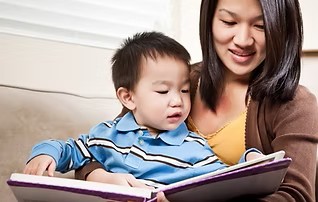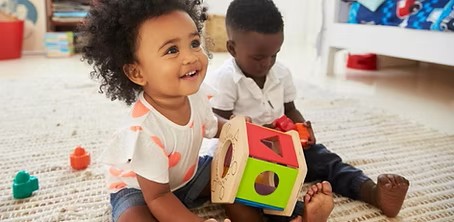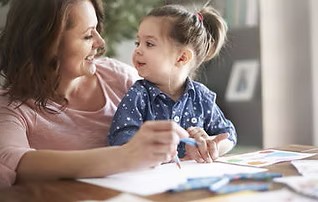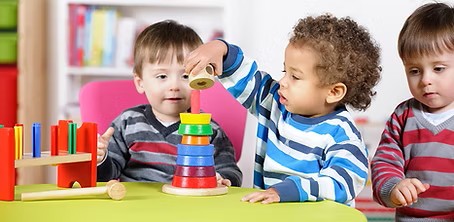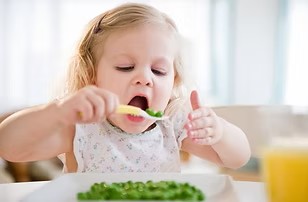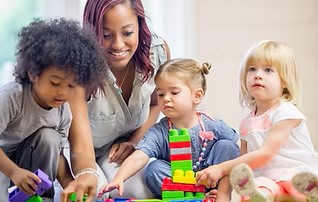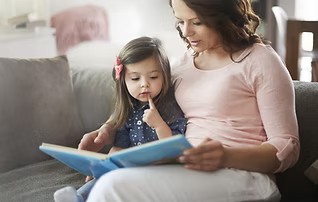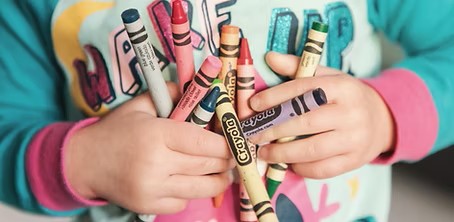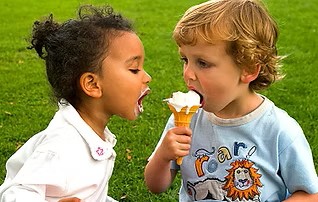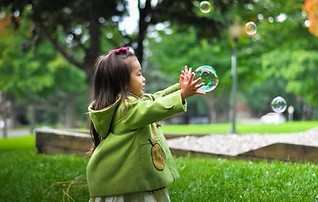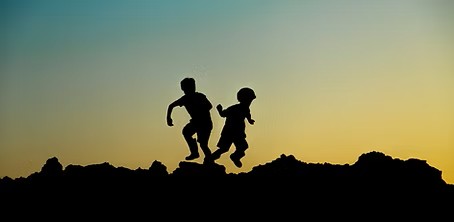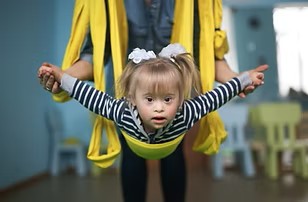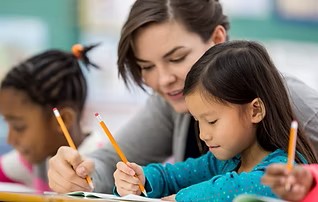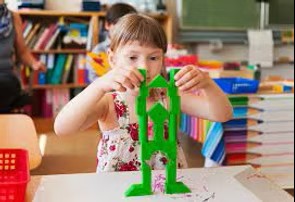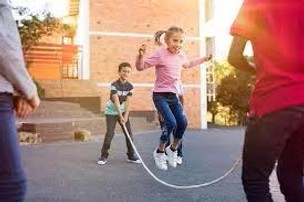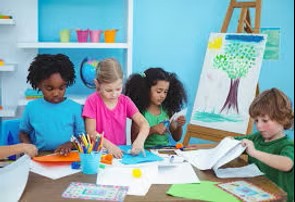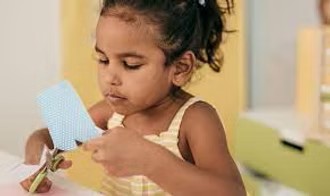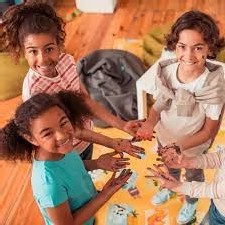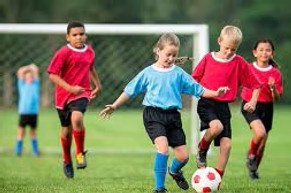Prenatal Stress study:
PIs: Alytia Levendosky, Anne Bogat, Joe Lonstein, Amy Nuttall, Maria Muzik, Cecilia Martinez-Torteya
This on-going research is funded by two grants from the National Institute for Child Health and Development at NIH. The overall purpose of the grant is to understand how various types of stressors (e.g., income, food insecurity, community violence, intimate partner violence) during and after pregnancy affect mothers and children. The first grant assessed women 3 times during pregnancy and when infants were 6 months old. Psychological and physiological markers of stress were collected. A unique aspect of the study was that during pregnancy, women completed weekly questions about stressors they experienced. Our aim is to determine whether stress during certain weeks of pregnancy affect various infant outcomes. The second grant has allowed us to follow these same participants until the children are 4 years old. Participants answer questionnaires online every 3 months, and they come for in-person assessments when the children are 2 ½ and 4 years old. We are currently adding to our research sample by recruiting and interviewing 100 mothers with 6-month-olds. These participants complete our standard assessments, but we also ask additional questions to understand how experiences of discrimination affect maternal and child health.
Publications:
Levendosky, A. A., Bogat, G. A., Lonstein, J. S., Muzik, M., & Nuttall, A. (2021). Longitudinal prospective study examining the effects of the timing of prenatal stress on infant and child regulatory functioning: The Michigan Prenatal Stress Study protocol. BMJ Open. http://bmjopen.bmj.com/cgi/content/full/bmjopen-2021-054964
Cochran, K. A., Kashy, D. A., Bogat, G. A., Levendosky, A. A., Lonstein, J. S., Nuttall, A. K., & Muzik, M. (2023). Economic hardship predicts intimate partner violence victimization during pregnancy. Psychology of Violence, 13(5), 396-404. https://psycnet.apa.org/doi/10.1037/vio0000454
Bogat, G. A., VanDahm, K., Muzik, M., Lonstein, J. A., Nuttall, A., Levendosky, A. A. et al. (2023). Conducting virtual assessments in developmental research: COVID-19 restrictions as a case example. Applied Developmental Science, 27(1), 1-17. https://doi.org/10.1080/10888691.2021.1989305
Mothers and babies study:
PIs: Levendosky, Lonstein, Bogat, and von Eye
This study is completed. We interviewed 182 mothers and babies when the babies were 1 year old. We asked women about stressors, especially intimate partner violence, during their pregnancy and the first year of the baby’s life. We examined how this stress affected women’s and baby’s mental health, social development, and physiology. This study was funded by the National Institute for Child Health and Development at NIH.
Publications:
Martinez-Torteya, C. Bogat, G. A., Lonstein, J. S., Granger, D. A., & Levendosky, A. A. (2017). Exposure to intimate partner violence in utero and infant internalizing behaviors: moderation by infant salivary cortisol-alpha amylase asymmetry. Early Human Development, 113, 40-48. https://doi.org/10.1016/j.earlhumdev.2017.07.014
Levendosky, A. A., Bogat, G. A., Lonstein, J. S., Martinez-Torteya, C., Muzik, M., Granger, D. A., & von Eye, A. (2016). Infant adrenocortical reactivity and behavioral functioning: Relation to early exposure to maternal intimate partner violence. Stress, 19(1), 37-44. https://doi.org/10.3109/10253890.2015.1108303
Lannert, B. K. . . . Levendosky, A. A., Bogat, G. A., & Lonstein, J. S. (2014). Relational trauma in the context of intimate partner violence. Child Abuse & Neglect, 38, 1966-1975. https://doi.org/10.1016/j.chiabu.2014.10.002
Mothers and Infants study:
PIs: Bogat, Levendosky, Davidson, and von Eye
This study is completed. We began interviewing 206 women during their third trimester of pregnancy and followed them and their children until the children were 10 years old. Numerous publications examined the psychological effects of intimate partner violence on mothers and children, especially when the violence occurred during the woman’s pregnancy.
Publications:
Bernard, N., Bogat, G. A., Kashy, D. A., Lonstein, J. S., & Levendosky, A. A. (2022). Prenatal and postnatal intimate partner violence, depression, and infant-mother touch. Infant Behavior and Development, 67, 101703. https://doi.org/10.1016/j.infbeh.2022.101703
Cochran, K., Bogat, G. A., Levendosky, A. A., & Martinez-Torteya, C. (2022). Trauma symptoms in children exposed to intimate partner violence: the role of appraisals. Violence and Victims, 37(2), 1-16. http://doi.org/10.1891/VV-D-20-00115
Martinez-Torteya, C., Bogat, G. A., Levendosky, A. A., & von Eye, A. (2016). The influence of prenatal intimate partner violence exposure on HPA-axis reactivity and childhood internalizing and externalizing symptoms. Development and Psychopathology, 28, 55-72. https://doi.org/10.1017/S0954579415000280
Zero to Thrive:
https://zerotothrive.org/
Zero to Thrive is a multi-disciplinary center housed within the Department of Psychiatry at Michigan Medicine. It is built on the premise that the period from pregnancy through early childhood is an especially sensitive time for mitigating the multi-generational effects of inequity, trauma, and adversity and promoting mental health. Zero to Thrive has many ongoing projects, including the Infant Mental Health Home-Visiting (IMH-HV) program and the parenting (Mom Power) intervention studies. The IMH-HV research is an ongoing collaboration between Zero to Thrive and the Michigan Department of Human Health Services (MDHHS) to rigorously evaluate the outcomes of IMH-HV services, as well as develop and support an advanced training curriculum for IMH-HV. The Mom Power studies utilize psychological and brain imaging assessments to test intervention impact.
Publications:
Miller, A., Stein, S. F., Sokol, R., Varisco, R., Trout, P. . . . Muzik, M., & Rosenblum, K. (2022). From Zero to Thrive: A model of cross-system and cross-sector relational health to promote early childhood development across the child-serving ecosystem. Infant Mental Health Journal, 43(4), 624-237. https://doi.org/10.1002/imhj.21996
Ribaudo, J., Lawler, J. M., Jester, J. . . . Muzik, M., Rosenblum, K. (2022). Maternal history of adverse experiences and posttraumatic stress disorder symptoms impact toddlers' early socioemotional wellbeing: The benefits of infant mental health-home visiting. Frontiers in Psychology, 12, Article 792989. https://doi.org/10.3389/fpsyg.2021.792989
Riggs, J., Rosenblum, K., Muzik, M., . . . & the Michigan Collaborative for Infant Mental Health Research. (2022). Infant mental health home visiting mitigates impact of maternal adverse childhood experiences on toddler language competence: A randomized controlled trial. Journal of Developmental & Behavioral Pediatrics, 43, e227-e236. https://doi.org/10.1097/DBP.0000000000001020
Ho, S. S., Muzik, M., Rosenblum, K. L., Morelen, D., Nakamura, Y., & Swain, J. E. (2020). Potential Neural Mediators of Mom Power Parenting Intervention Effects on Maternal Intersubjectivity and Stress Resilience. Frontiers in Psychology, 11. https://doi.org.proxy2.cl.msu.edu/10.3389/fpsyt.2020.568824




